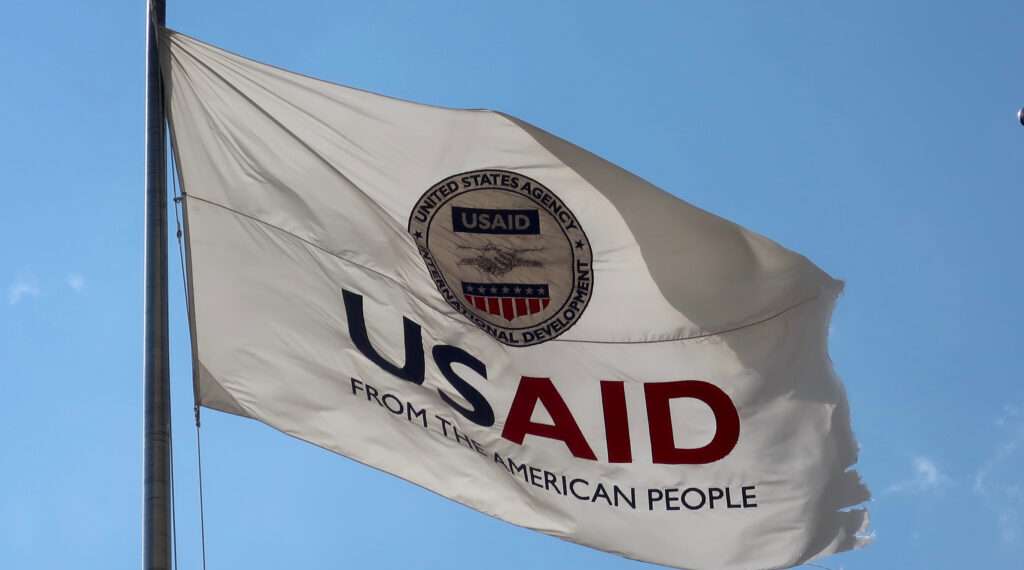Over the past decade, Nigeria has received approximately $7.8 billion in foreign aid from the United States, funding critical sectors such as healthcare, security, education, and economic development.
According to data from US Foreign Assistance, yearly allocations varied, with aid reaching its highest point in 2023 at $1 billion before dropping to $783 million in 2024.
The breakdown of US foreign aid to Nigeria over the years is as follows:
2015 – $446 million
2016 – $543 million
2017 – $643 million
2018 – $877 million
2019 – $761 million
2020 – $880 million
2021 – $922 million
2022 – $974 million
2023 – $1 billion
2024 – $783 million
However, with US President Donald Trump’s stance on cutting foreign aid to Nigeria and other countries, the future of these funds remains uncertain.
If US assistance is reduced or halted, Nigeria could face serious setbacks across multiple sectors.
Security has been a major focus of US aid, with Nigeria relying on American support in the fight against Boko Haram, ISWAP, and other insurgent groups. The aid has provided military training, equipment, and intelligence-sharing, all of which play a vital role in counterterrorism operations. A funding cut could leave Nigeria more vulnerable to security threats, potentially worsening instability in the region.

In healthcare, US foreign aid has funded life-saving programs, particularly for HIV/AIDS, malaria, tuberculosis, maternal care, and child healthcare. Nigeria has the third-highest number of people living with HIV, with 1.7 million cases as of 2023. The high cost of antiretroviral therapy (ART) makes US assistance crucial for ensuring access to treatment. If aid is withdrawn, millions of Nigerians could lose access to critical healthcare, further straining an already overwhelmed system.
The education sector has also benefited from US assistance, especially through scholarships, teacher training, and programs targeting marginalized and conflict-affected communities. A reduction in aid could limit opportunities for students in underserved areas, affecting long-term educational development.
Another key area of US aid has been the promotion of democracy and human rights, with funds directed toward civil society organizations working to strengthen democratic institutions, transparency, and human rights advocacy. Without this financial backing, Nigeria’s civic space could suffer, potentially impacting democratic governance and political engagement.
As uncertainty looms over the future of US foreign aid, Nigeria faces critical decisions on how to mitigate potential funding losses. Whether through increased domestic investment, alternative international partnerships, or policy reforms, the coming years will test the country’s ability to sustain progress in key sectors without relying on US assistance.




